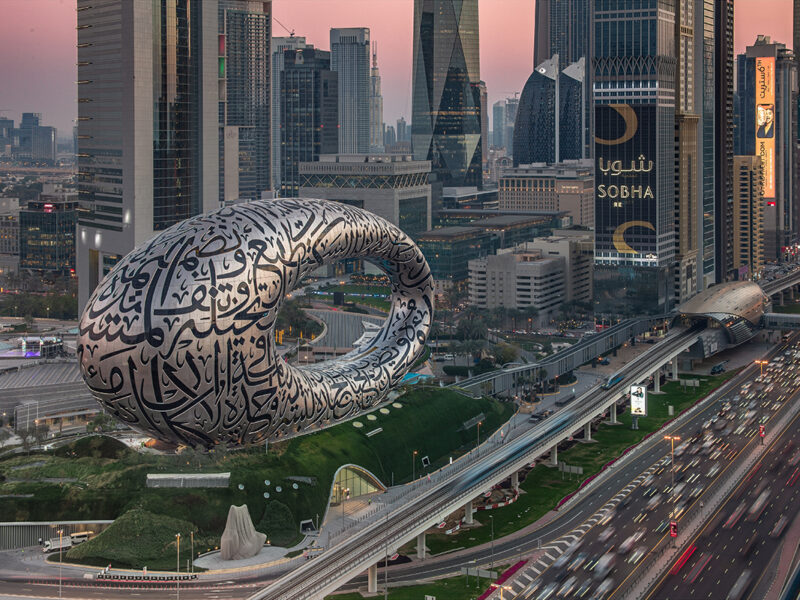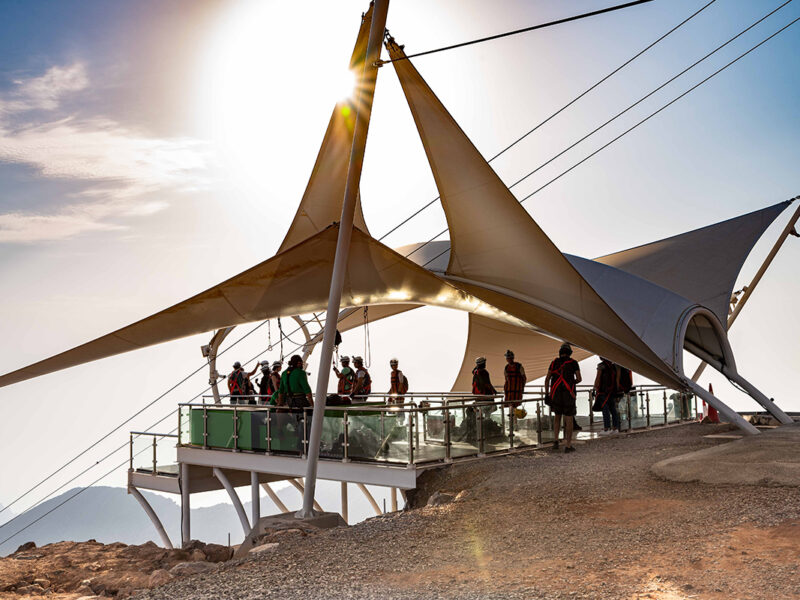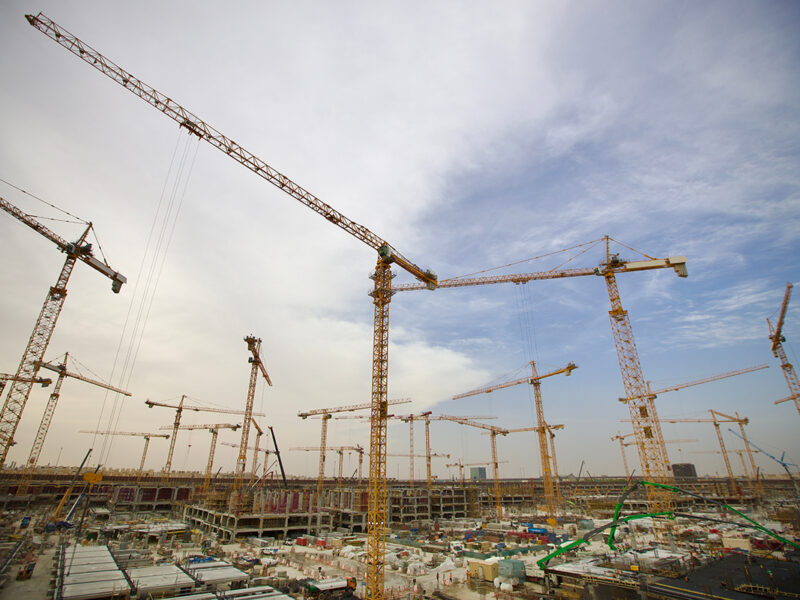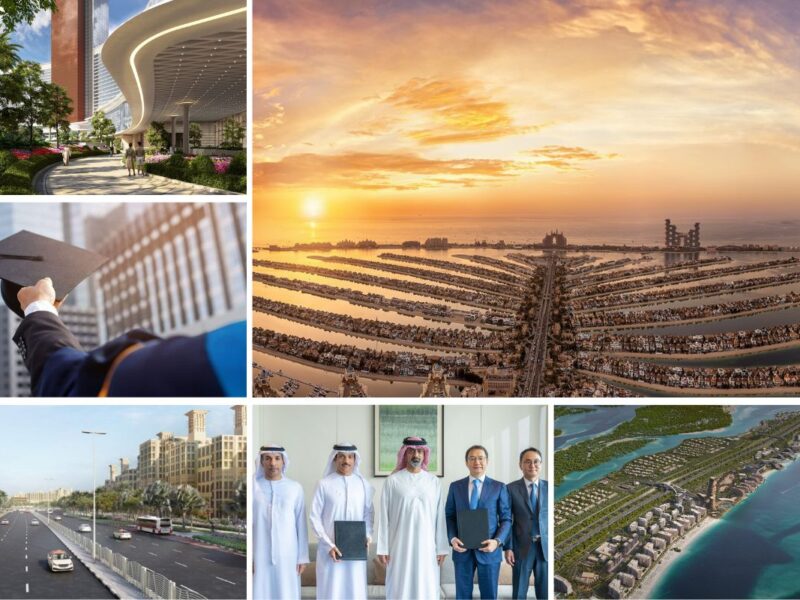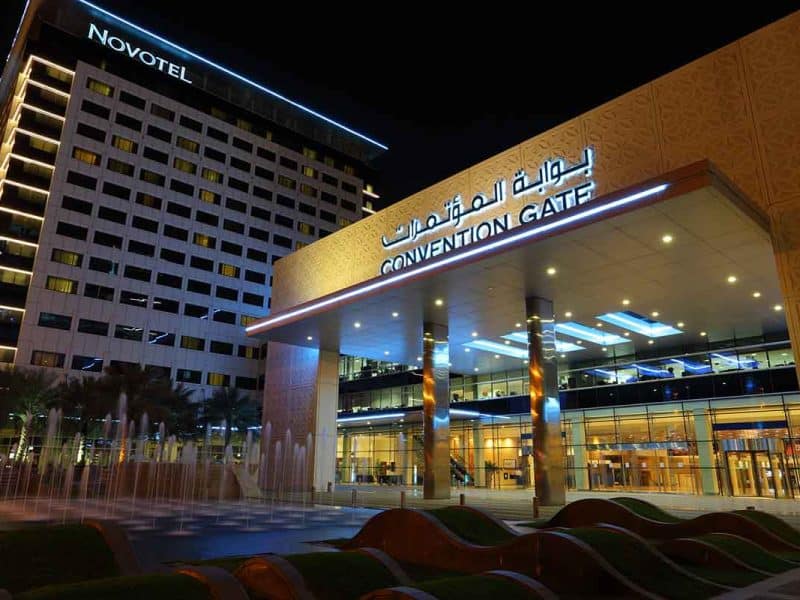Climate change is one of the most pressing challenges of our time, and today cleantech startups are at the forefront of unlocking innovative solutions to mitigate its impact and create a more sustainable future. It is therefore no surprise that the UAE, a nation regarded for achieving ambitious goals, is investing in solving for climate challenges.
The stakes are high, as reports from the Intergovernmental Panel on Climate Change (IPCC) warns of the dire consequences of exceeding 1.5°C of global warming. To avoid this scenario, we need to accelerate the transition to a low-carbon economy and invest in innovative solutions that can reduce greenhouse gas emissions and enhance resilience.
In recent years, climate change has found a place at the forefront of mainstream dialogue, having previously been limited primarily to government, policy and business stakeholders. The realisation that more inclusive efforts need to be taken to control temperature increases, has been evident from the growing interest in building clean businesses.
ESG funds for example, attracted $157.3 billion of investments in 2022, with cleantech startups not too far behind attracting $70.1 billion. Even more encouraging was the $1 trillion global spend on clean energy transition solutions.
The global cleantech ecosystem is growing rapidly, with more and more startups working towards a greener future. According to the International Energy Agency’s net-zero scenario, the size of the global market for cleantech will surpass the value of the oil market by 2030, rising from $122 billion to $870 billion.
But if we want to protect future generations from climate challenges, we must build with the next century in mind. This year, the UAE will host the 28th session of the Conference of Parties (COP28) to the United Nations Framework Convention on Climate Change (UNFCCC), a milestone event that will assess the global progress on the Paris Agreement and set the course for further action.
The UAE has already demonstrated its commitment to climate action by setting ambitious targets for reducing greenhouse gas emissions, increasing renewable energy share, and enhancing energy efficiency.
The UAE has also invested nationwide in developing world-class infrastructure and facilities for cleantech research and development, such as Masdar City, Dubai Electricity and Water Authority’s Innovation Centre, Sharjah Entrepreneurship Centre (Sheraa), and Khalifa University’s Clean Energy Research Centre.
COP28 will empower cleantech founders and advocates with a platform to shine attention on the UAE’s efforts and demonstrate why the nation provides an optimal testbed to create future-focused solutions.
However, to raise the bar on initiatives so far, it is imperative that we double down on the development of a comprehensive ecosystem across every stage of the founder journey. Successful ecosystems demand the availability of talent, capital, industry integration and future-looking policies. It is therefore incumbent on us to enable that, and truly propel the UAE’s sustainability sector to the global stage.
Develop talent and give them permission to fail
Around the world, startup ecosystems have flourished within high quality academic ecosystems. For example, Silicon Valley became the heartbeat of innovation because of the incredible talent that was allowed to experiment, tinker, and even fail.
However, that mindset does not carry around the world due to various reasons. The UAE is home to a diverse high-quality education sector with well-recognised homegrown universities as well as global institutions which have set up domestic campuses.
But when we consider building for sustainability challenges, the sector suffers from a significant talent gap. The complexities of the industry, from solar development to battery manufacturing, requires highly skilled individuals. Our universities must be encouraged to develop talent with a focus on this sector.
By tapping into domestic university ecosystems, we’ll be able to nurture talent, draw attention to cleantech opportunities, while providing them with the backing to build successfully or learn from their failings.

Enable rapid access to capital and global industry
Despite the recent record-breaking funding that startups have raised over the past two years, interest rate hikes has meant that capital flow is beginning to tighten. However, now is the time for investors to selectively deploy capital in cleantech ventures which are developing impactful solutions. The cleantech sector not only has long-term promise but also incredible upside.
However, beyond capital, investors must commit to building links to industry partners in the UAE and around the world. This is the fastest go to market approach for founders looking to test and deploy solutions within existing industries.
The access to real-world challenges allows for continuous evolution of their technology, and accelerate market adoption.
Put cleantech at the heart of the UAE’s economic diversification
As the UAE’s non-oil economy continues to grow strongly on the back of its economic diversification agenda, sustainability has become an important priority. In the emirate of Sharjah for example, where 35 percent of the nation’s manufacturing activities are conducted, investments in cleantech and sustainability solutions have made it a testing ground for the rest of the country.
However, there’s still a significant amount of work to be done. Innovators require policymakers to ensure that future regulatory frameworks are developed to enable the success of cleantech entrepreneurs in the UAE.
Further, by mandating businesses to adopt modern sustainability practices to reduce their carbon footprints, policy leaders can act as a bridge to for founders to new opportunities. This alignment with founders will also help decision makers to stay ahead of industry trends and advances, thereby strengthening the UAE’s leadership role in adopting modern, cutting-edge solutions.

Today cleantech startups are already playing a vital role in advancing global sustainability efforts and creating a more resilient and prosperous future. The UAE has already established itself as a regional leader in the energy and sustainability sectors, with a diversified economy, a skilled workforce, and a supportive ecosystem for cleantech startups.
But we are only at the start of that journey.
The UAE has a unique opportunity to showcase its achievements and aspirations in the cleantech sector and become a global hub for innovation and collaboration. As the nation hosts COP28, cleantech innovators will help further enhance the UAE’s reputation and influence in the international community inspiring others to join the global movement towards a greener future.


